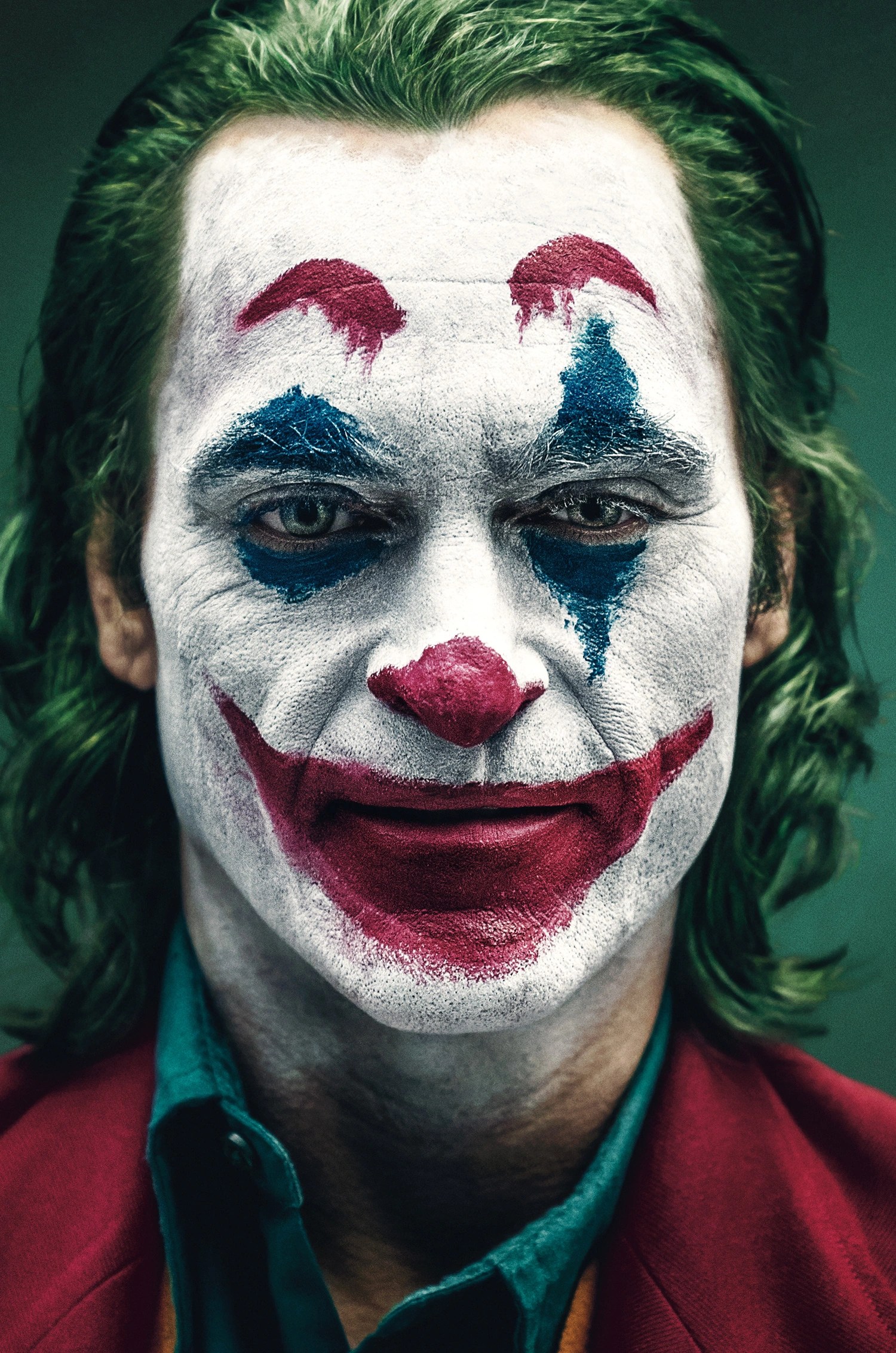The Jocker Face has become an emblem of chaos and unpredictability, often associated with the iconic character from comic books and movies. This persona captivates audiences not just with its theatricality but also with its profound representation of society's darker sides. From the comic pages to the silver screen, the Jocker Face has evolved into a symbol that evokes curiosity, fear, and fascination. As we explore the depths of this character, we will unravel the layers that make the Jocker Face an enduring figure in popular culture.
The Jocker Face is not merely a mask; it represents a philosophy and a way of life that challenges societal norms. This character has been portrayed by numerous actors, each bringing their unique flair to the role. Whether it’s the chilling laughter or the unsettling smile, every portrayal leaves an indelible mark on the audience. The Jocker Face asks us to confront our own fears and the chaos that exists within and around us, prompting us to question our reality.
Throughout this article, we will delve into the origins of the Jocker Face, its evolution, and its impact on entertainment and society. We will also explore various portrayals of this character, examining how each interpretation has contributed to the mystique surrounding the Jocker Face. So, are you ready to peel back the layers and discover what lies beneath the makeup and madness?
Who is the Man Behind the Jocker Face?
The Jocker Face is most famously associated with the character of the Joker, a supervillain from DC Comics. The Joker first appeared in Batman #1 in 1940, created by Bill Finger, Bob Kane, and Jerry Robinson. Over the decades, the character has been interpreted by various actors, each leaving their unique mark. Some notable portrayals include:
- Cesar Romero
- Jack Nicholson
- Heath Ledger
- Jared Leto
- Joaquin Phoenix
What Makes the Jocker Face So Captivating?
The Jocker Face captivates audiences for various reasons. Firstly, it embodies chaos and unpredictability, traits that resonate with many people living in a complex world. The Joker's philosophy often revolves around anarchy and the rejection of societal norms, appealing to those who feel constrained by rules. Moreover, the character's dark humor and intelligence make him a compelling anti-hero.
How Has the Jocker Face Evolved Over Time?
The evolution of the Jocker Face reflects changes in societal values and artistic expression. Initially portrayed as a straightforward villain, the character has grown into a multifaceted persona. For instance, Heath Ledger's performance in "The Dark Knight" introduced a more psychological and anarchistic interpretation of the character, earning critical acclaim and a posthumous Academy Award. Similarly, Joaquin Phoenix's portrayal in "Joker" explores the character's backstory, providing a more humanized and tragic view of the Jocker Face.
What Are the Psychological Implications of the Jocker Face?
The psychological depth of the Jocker Face invites discussions on mental health and societal issues. The character's portrayal often highlights themes of trauma, isolation, and societal rejection. These aspects resonate with many viewers, prompting conversations about the stigma surrounding mental health and the importance of empathy. By examining the Jocker Face, we not only engage with a fictional character but also reflect on real-world issues that affect many individuals.
How Does the Jocker Face Influence Pop Culture?
The Jocker Face has significantly influenced various forms of media, from films to music. Here are some notable examples:
- Films: Numerous adaptations have featured the Joker, each contributing to the character's legacy.
- Television: The Joker has appeared in animated series and live-action shows, further solidifying his presence in pop culture.
- Music: Artists often reference the Jocker Face to symbolize rebellion and chaos.
What Can We Learn from the Jocker Face?
The Jocker Face teaches us about the complexity of human emotions and societal dynamics. It reminds us that chaos can exist alongside order and challenges us to confront our fears. The character's journey often reflects our struggles with identity, acceptance, and the quest for meaning in a seemingly indifferent world. By embracing the lessons of the Jocker Face, we can foster a deeper understanding of ourselves and the world around us.
Is the Jocker Face Here to Stay?
As long as society grapples with chaos, rebellion, and the darker aspects of human nature, the Jocker Face will remain relevant. The character's ability to adapt and resonate with audiences ensures its place in pop culture for years to come. Whether through new films, comic adaptations, or merchandise, the Jocker Face will continue to provoke thought and inspire creativity.
Conclusion: Embracing the Jocker Face
The Jocker Face serves as a powerful reminder of the complexities of human emotion and societal issues. Its various portrayals invite us to explore our own fears and challenges, ultimately leading to a greater understanding of ourselves and others. As we continue to engage with this iconic character, we should embrace the lessons it offers and reflect on the chaos and beauty of life itself.
You Might Also Like
Mastering The Art Of Oh Crap Potty TrainingWhere Are Gino And Jasmine Now? A Journey Through Their Lives
Unveiling The Mysteries Of Ji Hyun Woo's Wife
Exploring The Life And Legacy Of Bruce Somers
Tragedy At Heights: The Orlando Freefall Accident 2024
Article Recommendations
- Kris Murry The Ultimate Guide To Discovering The Amazing Photographer
- Top Boise State Head Coach Football Updates


